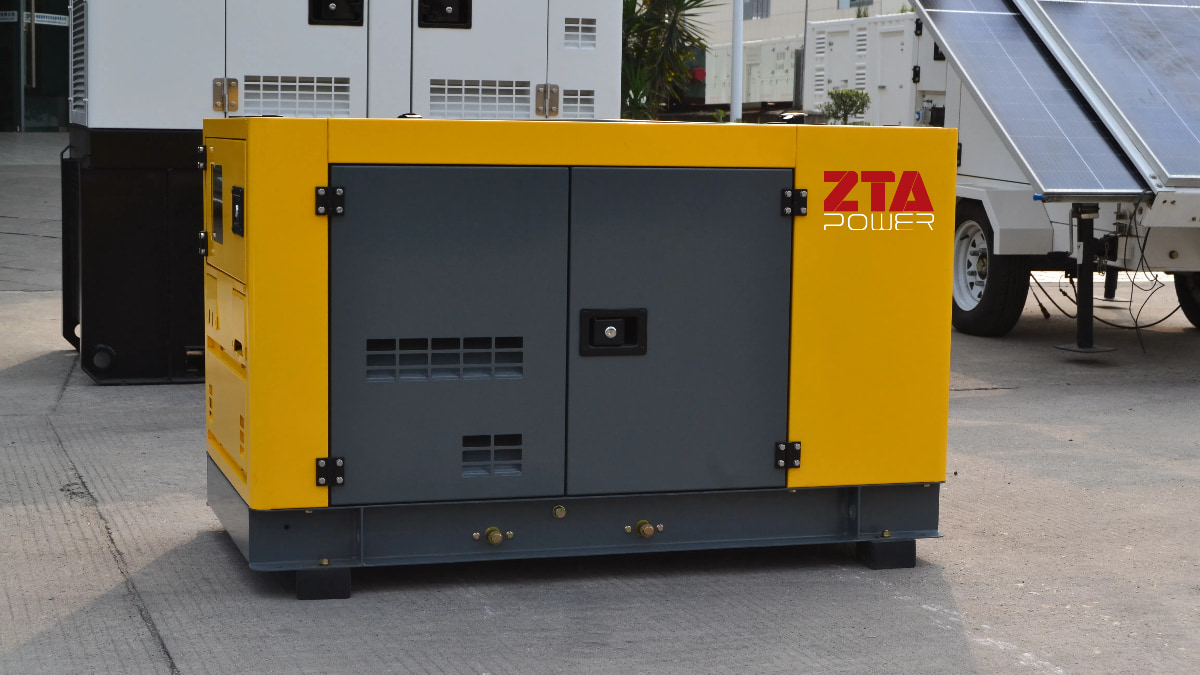Factors Affecting the Power Reduction of Diesel Generators
During the daily operation of diesel generators, abnormal temperature conditions can lead to suboptimal thermal efficiency, improper formation of combustible mixtures, and severely impact the generator's operational power. For instance, when a diesel generator operates at low temperatures, the increased viscosity of engine oil raises operational resistance losses significantly. In such cases, it is essential to inspect the cooling system comprehensively to ensure the generator operates within normal temperature ranges.
However, temperature anomalies are not the only factor affecting power output. The following systems may also influence the generator's performance:
Impact of Valve Mechanism on Power
1.Valve Sink Depth: Excessive valve sink depth beyond allowable limits can reduce power by 1–1.5 kW.
2.Valve Seal Integrity: Valves and seats must seal tightly without air leakage. Severe leakage caused by poor sealing can reduce power by 3–4 kW. A gasoline test can verify seal integrity—no leakage should occur within 3–5 minutes.
3.Valve Clearance Adjustment: Insufficient valve clearance not only disrupts combustion stability but also reduces power by 2–3 kW or more. Adjustments must follow technical specifications.
4.Intake Timing: Proper intake timing ensures optimal air-fuel mixing and compression temperature, directly affecting power and exhaust smoke. Wear on camshafts or timing gears can reduce power by 3–5 kW if valve timing is misaligned. Post-overhaul generators must undergo valve timing checks.
5.Cylinder Head Leakage: Air leakage from cylinder gaskets not only risks gasket failure but also reduces power by 1–1.5 kW.
Impact of Fuel, Cooling, and Lubrication Systems on Power
After diesel fuel is injected into the cylinder, it mixes with air to form a combustible mixture. To ensure complete combustion and maximum pressure near the top dead center, the fuel injector must deliver fuel at a precise moment before the compression top dead center. Deviations in injection timing (too early or too late) compromise combustion efficiency.
